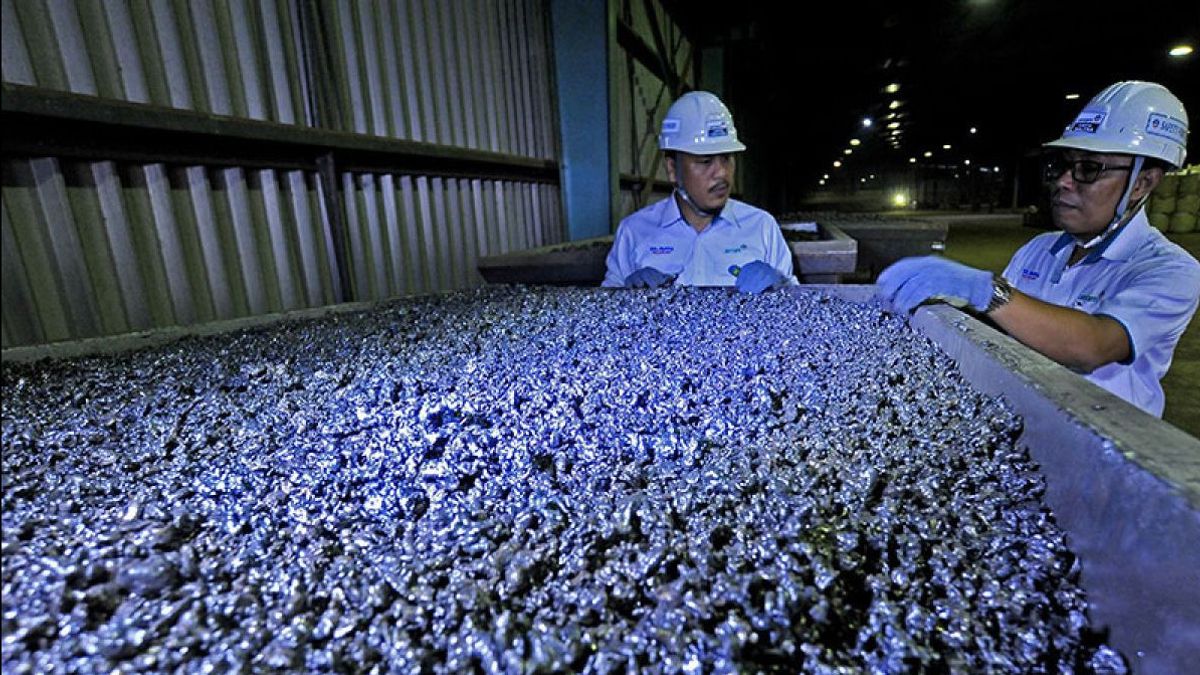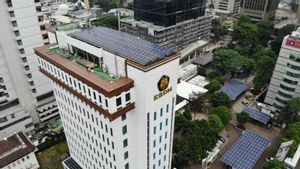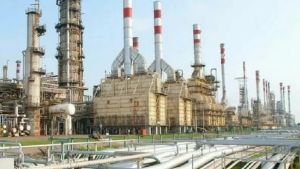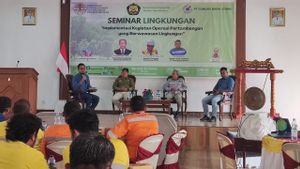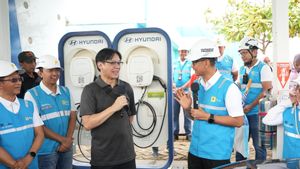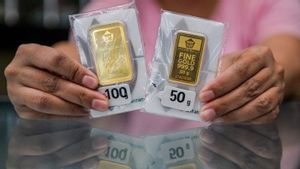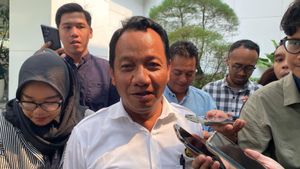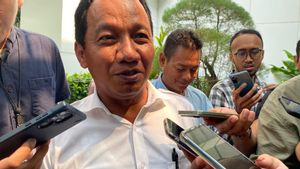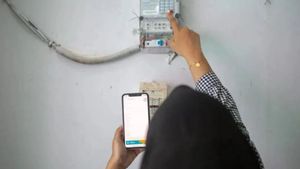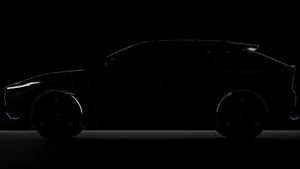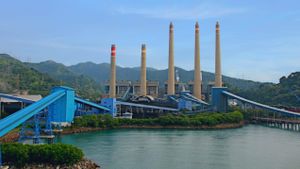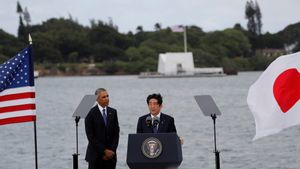JAKARTA - Indonesia is considered to be able to produce nickel-based battery materials with a capacity of 1,143 gigawatt hours (GWh).
"If all battery companies (factories) are already operating, Indonesia will be able to play a major role in producing 1,143 GWh of nickel-based battery materials," said Special Staff to the Minister of Energy and Mineral Resources for the Acceleration of Industrial Development of the ESDM Sector Agus Tjahajana Wirakusumah.
Agus said that many factories in Indonesia will immediately process ore or purify ore, thus producing semi-finished products, such as mixed hydroxide precipitate (MHP) or nickel sulfate.
"Four companies are already operating. One is being built, one is in the process of being licensed, and two are in the feasibility test stage," Agus continued.
Agus expressed pride in the development of the electric battery industry in Indonesia. This is because Indonesia is still a beginner in the electric vehicle battery ecosystem.
Indonesia just started developing the EV battery business about 2 years ago. This achievement is very important and is an opportunity for Indonesia to develop the electric vehicle ecosystem to the next stage," he said.
What is meant by the next stage is to control more value chains related to the manufacturing of electric vehicles.
Agus also estimates that the world battery demand will reach 5,300 GWh by 2025 which is dominated by demand for four-wheeled electric vehicles, followed by two-wheeled electric vehicles, buses, battery energy storage systems, and various electronic goods.
Agus estimates that later, most of the demand for electric vehicle batteries will come from three regions, including the United States (US), the European Union, and Asia.
"The demand for nickel-based batteries is projected to continue to increase to 40'50 percent by 2035," he said.
SEE ALSO:
Previously, Coordinating Minister for Maritime Affairs and Investment Luhut Binsar Pandjaitan said batteries had an important role in the clean energy transition, and were at the heart of the green revolution.
"Battery is the core of the green revolution, serving as an important component to power everything from cell phones and electric vehicles to renewable energy systems," said Luhut.
Luhut also emphasized that Indonesia wants to be at the forefront of electric vehicles, both from upstream to downstream.
"The innovations that we explore and collaborate on at this time, which we build here, are expected to determine the future of energy for future generations," he said.
The English, Chinese, Japanese, Arabic, and French versions are automatically generated by the AI. So there may still be inaccuracies in translating, please always see Indonesian as our main language. (system supported by DigitalSiber.id)
